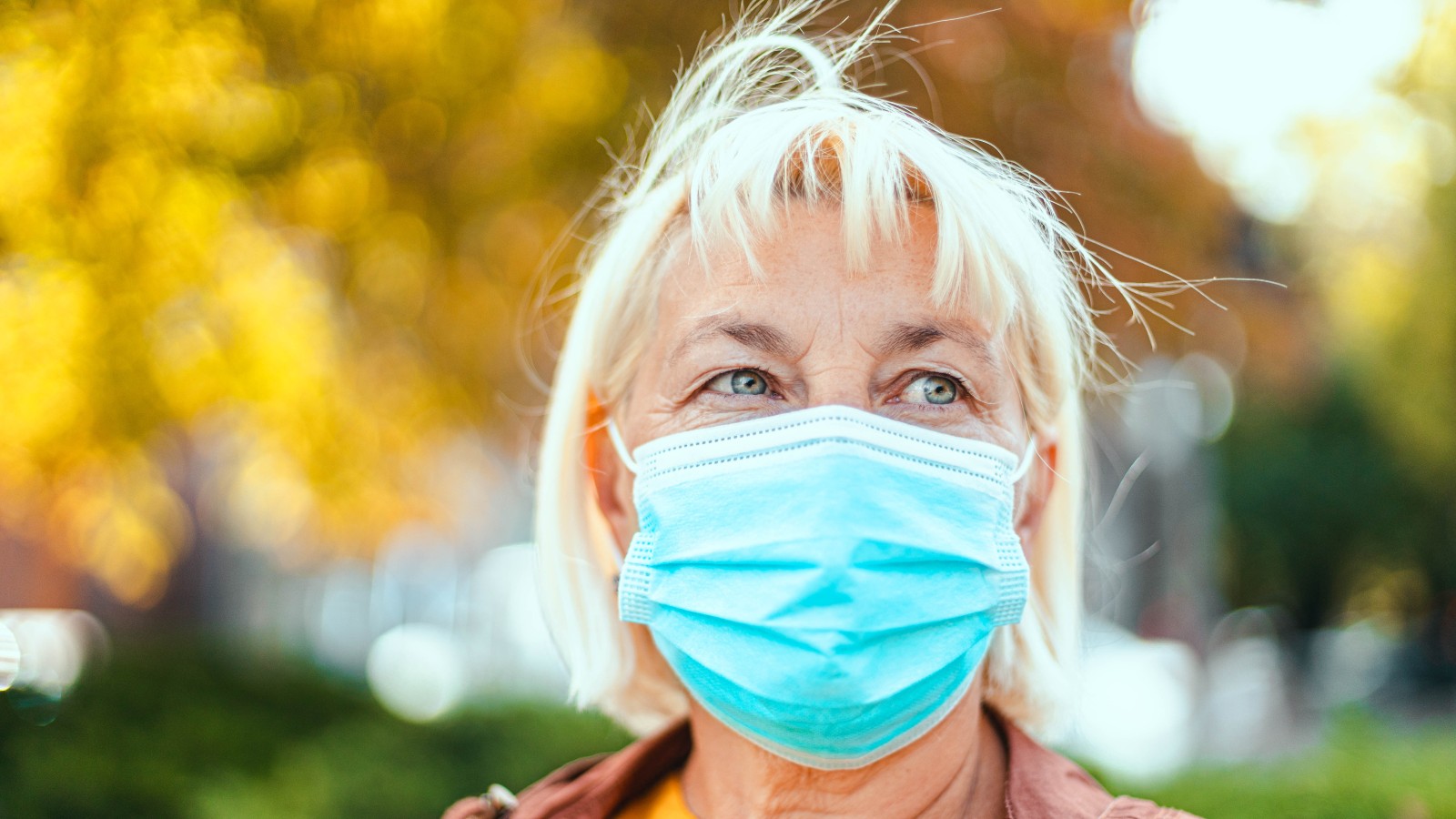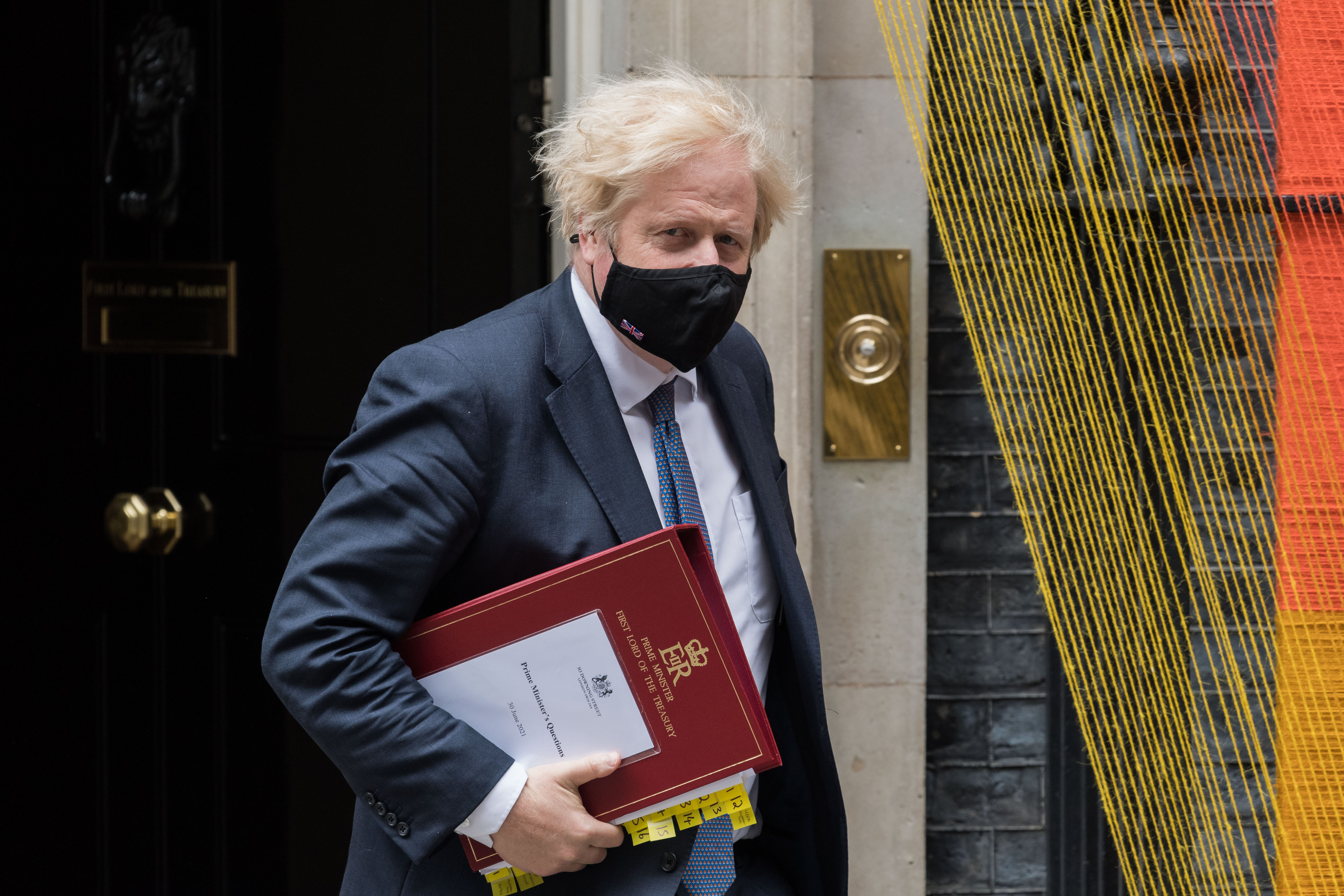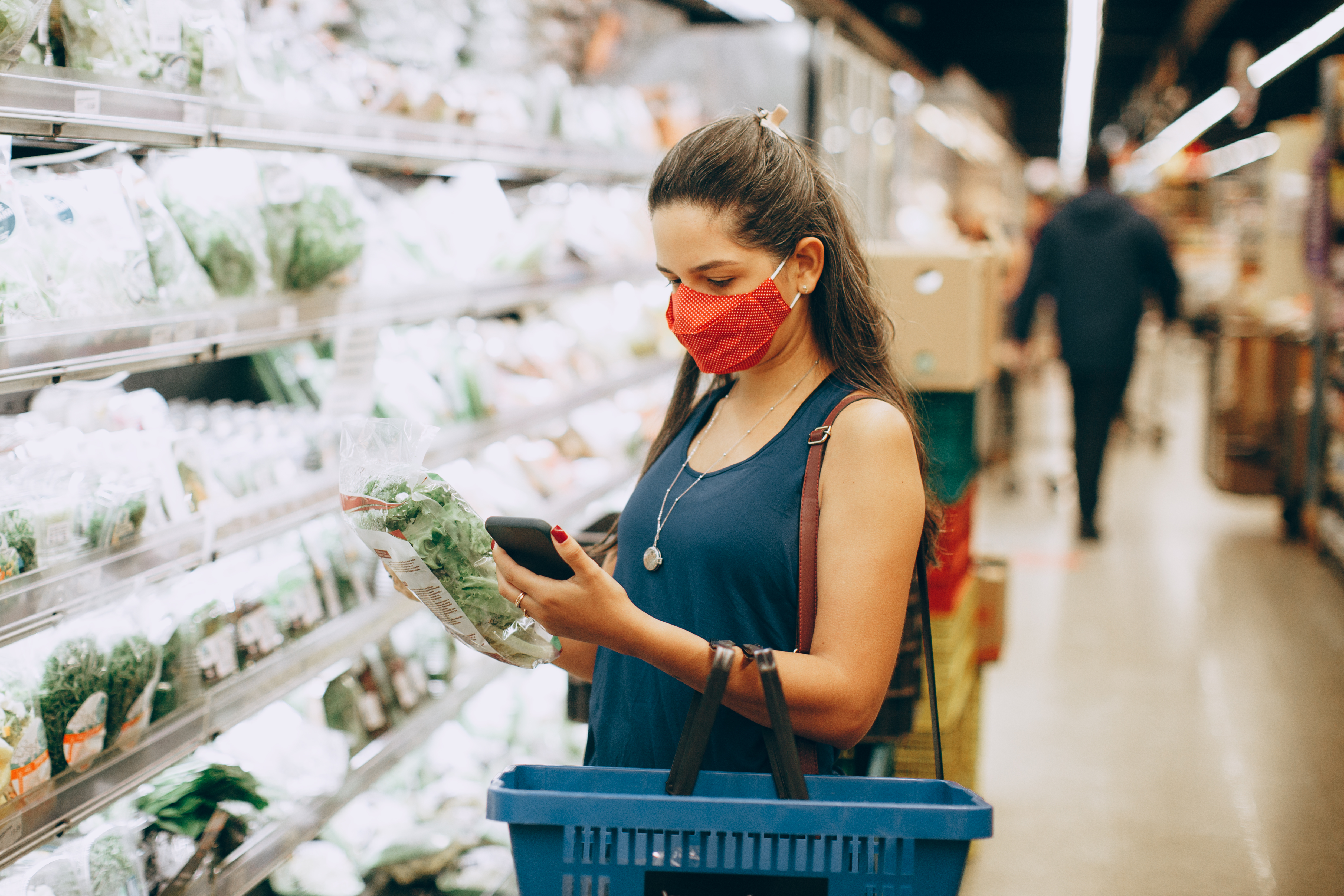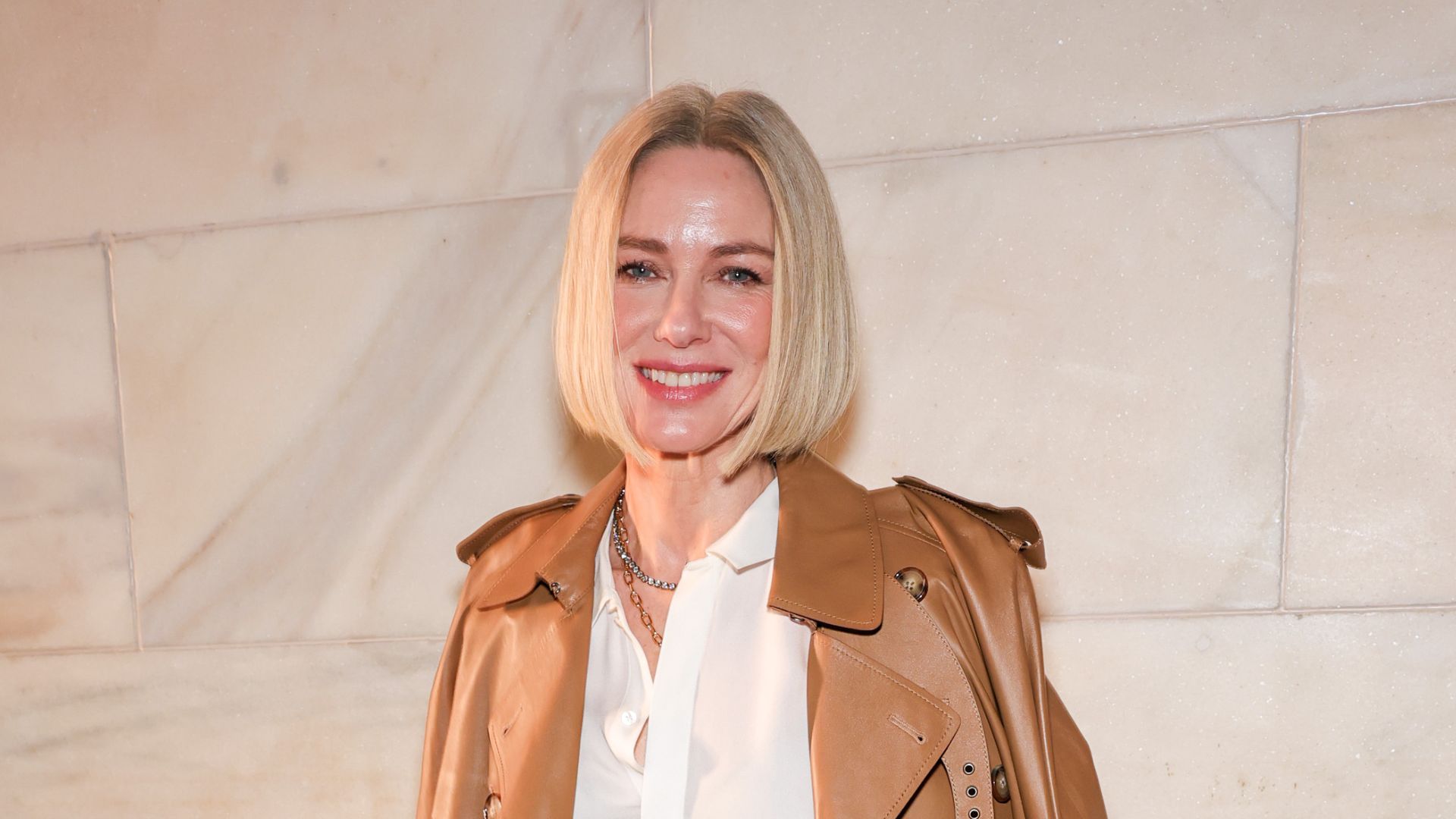When can we stop wearing face masks? The new rules explained
The news comes in light of the Prime Minister's statement at the weekend that we need to "learn to live with this virus"


Prime Minister Boris Johnson has announced revised rules on face masks and social distancing.
We've been hiding our noses and mouths for so long now that we've become experts on the best reusable face masks—but when can we finally stop wearing them? After over a year of steamy glasses and remembering that extra vital item when leaving the house, it looks like that day will soon be here.
The UK had originally aimed to end all coronavirus restrictions on 21 June but was forced to reconsider in light of rising Covid-19 cases—restrictions will now be officially removed on 19 July 2021.
The so-called 'Freedom Day' was postponed on 14 June by four weeks, at which point all businesses will be allowed to reopen and rules on events will be eased. This date will see the country enter the final stage of the government's four-step roadmap, which was first unveiled on 22 February, to return to normal living.
What are the new rules around face masks?
Prime Minister Boris Johnson addressed the nation from Downing Street on the government's roadmap to freedom today at 5 pm. In the highly-anticipated press conference, the UK leader provided an update on the plans for the end of lockdown on 19 July.
With the country's vaccination roll-out in full swing, the Prime Minister confirmed the government's plan to erase all lockdown restrictions that are still in place. From 19 July 2021, it will no longer be mandatory to wear a face mask, as it will be up to the individual to assess whether a face mask is necessary.
Come 19 July, limits on group gatherings will be lifted, late-night hospitality like nightclubs will reopen and large events like festivals will be permitted to go ahead. Wearing face masks in public indoor spaces, like shops and trains, will be voluntary.
Sign up for the woman&home newsletter
Sign up to our free daily email for the latest royal and entertainment news, interesting opinion, expert advice on styling and beauty trends, and no-nonsense guides to the health and wellness questions you want answered.
"We must be honest with ourselves that if we can't reopen our society in the next few weeks, when we will be helped by the arrival of summer and by the school holidays, then we must ask ourselves when will we be able to return to normal?" Johnson told a news conference.
"We will move away from legal restrictions and allow people to make their own informed decisions about how to manage the virus."
It first became mandatory to wear face coverings on public transport in the UK in June 2020, before the government enforced their use in supermarkets and shops the following July. Face masks have previously been a must in almost all public indoor settings, including (but not limited to) retail and/or hospitality spaces, banks, salons, museums, libraries, and hospitals.
Johnson's health policy applies to England, but not to Scotland, Wales, or Northern Ireland.

All gatherings on group numbers are expected to be lifted on 19 July
In light of the Prime Minister's statement at the weekend that we need to "learn to live with this virus", the UK public has been advised to take more personal agency when it comes to protecting themselves and others.
With their proven effectiveness in reducing the transmission of Covid-19, it is expected that the wearing of face masks will continue after 19 July. However, unlike now, when covering your face is legally enforced, people will be free to make their own decisions on the matter once lockdown eases. According to a Times report from earlier today, "We are going to now move into a period where there won't be legal restrictions—the state won't be telling you what to do—but you will want to exercise a degree of personal responsibility and judgment."
The UK government's four-step roadmap to freedom has also discussed the issue of Covid-status certificates, which have already been introduced by the EU. The certificates would allow people who test negative for Covid-19 to travel more easily and attend large gatherings safely. While the UK is currently exploring the possibility of launching its own Covid-status certificates, it has yet to make a final decision on whether or not they will be brought in.
"We will continue to gather evidence on the extent to which Covid-status certification is an effective measure to control the epidemic and reduce hospitalizations and deaths," the roadmap review reads.

Boris Johnson is expected to address the UK public at 5pm today on the future of social distancing and face masks
Why are some people concerned about the UK government's plans to end lockdown on 19 July?
The recent spread of the Delta variant in Britain had previously shed doubt over the likelihood of these changes going ahead—and many experts have now expressed their concerns over the revised lockdown date.
The UK saw a worrying surge in Covid-19 infections of the Delta strain in June, with new data from Public Health England revealing that cases have risen almost four-fold in less than a month. Health experts are now concerned that the lockdown end date of 19 July could be detrimental to the UK's medical services.
"Trust leaders are increasingly confident that vaccines are breaking the chain between infections, serious illness, and deaths. But they are understandably nervous about what a wholesale lifting of restrictions on 19 July could mean for the NHS," said Saffron Cordery, the deputy chief executive of NHS Providers.
“We are dealing with a fast-moving, ever-changing picture and the reality on the frontline is that even a small increase in Covid-19 admissions or emergency care pressures could affect our ability to deliver non-Covid services in a context where many staff is exhausted.”
Cordery's cautionary message is echoed by Sadiq Khan, Mayor of London. A spokesperson shared the former Labour politician's reservations on the possibility of lifting restrictions on mask-wearing on public transport, "On the continuing wearing of face masks, it is important that we continue to follow the science around the extent to which they limit transmission on transport and in busy indoor spaces.
"Evidence shows that the wearing of face masks gives many Londoners the confidence that they can travel safely on public transport."
Read more from woman&home:
• How to talk to your employer about the COVID-19 vaccine
• Should you wear a mask? These 7 retailers have changed their mask mandates—here's what to know
• What are the risks of skipping your COVID-19 vaccine second dose? Experts are weighing in

Masks have been mandatory in UK supermarkets for almost a year
When will social distancing end?
People from different households have been advised to stay at least 2m (6ft) apart since the onset of the pandemic in March 2020. With COVID-19 contracted through air droplets, maintaining distance is a crucial practice in warding off the virus.
However, with over half of the UK population now fully vaccinated, the guidelines on physical contact have been revised and social distancing scrapped after 19 July. Businesses will still be free to enforce their own social distancing rules, such as restricting their number of customers, but legal limits will most likely no longer be enforced.

Hailing from the lovely city of Dublin, Emma mainly covers the Royal Family and the entertainment world, as well as the occasional health and wellness feature. Always up for a good conversation, she has a passion for interviewing everyone from A-list celebrities to the local GP - or just about anyone who will chat to her, really.
Emma holds an MA in International Journalism from City, University of London, and a BA in English Literature from Trinity College Dublin.
-
 Everyone in New York is wearing a trending colourway that will elevate your everyday wardrobe, including Naomi Watts
Everyone in New York is wearing a trending colourway that will elevate your everyday wardrobe, including Naomi WattsSpotted head to toe in a rich, warm tan at the Ralph Lauren show, Watts shows us exactly why we should be investing in these classic hues
By Molly Smith
-
 How to watch Race Across the World from anywhere - stream the BBC reality series online
How to watch Race Across the World from anywhere - stream the BBC reality series onlineThe acclaimed reality series is back for a highly anticipated fifth outing, and there's no need to miss out on any of the action
By Lucy Wigley